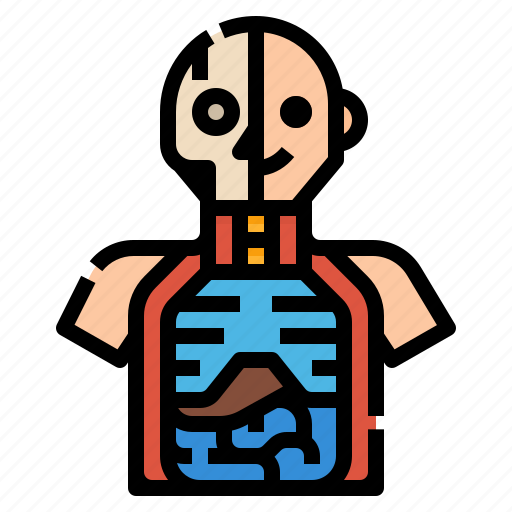That’s the first basic question that you need to answer before delving into any other questions. What are your body’s major organs? Is there one that stands out above the rest? Do you know what the largest organ is?
You may already have some basic human anatomy answers to those questions. If you’re like most people, you may not have any knowledge at all about organs. It may be possible that you’ve never even heard of an artery or a spleen. But you may be able to answer at least some of the following basic questions.
What is the heart? Does it pump blood or oxygenated blood through the body? Can you see it? Where does it go? Do you know what happens in your heart when you are breathing?
What are your lungs? Are you familiar with them? How do they work? What is inside your lungs? How do you get oxygen from your lungs to other parts of your body?
What is your spine? Is your spine strong enough to support your body? How long did it take you to grow your spine? Are you concerned that you may be suffering back problems? If so, do you have a doctor you can consult?
What are your bones? How are they related to the rest of your body? Can you recognize what part of your body makes up each bone?
These simple anatomy questions are something you will definitely need to know before you begin any research about the human body. If you find that you don’t know much about your body or about anatomy, you might want to check out an online course on the subject.
You’ll find basic medical research courses that you can take for free online. They usually include learning the anatomy of different organs. They also usually cover how your bones, muscles and tissues relate to each other. It may also include information about how they work together to support and maintain your body.
A good thing about learning about the basics of anatomy is that you will be able to answer simple questions like these before you have to see your doctor. You will be able to know your body inside and out before you ever get the chance to go see a doctor for treatment.
The next time you need answers to simple anatomy questions, try asking someone you know. if they know much about their own body. Or, even better, ask a professional who has studied the body for many years.
Perhaps you can learn a lot about your own body by observing what they do. They may even be able to tell you which organs you have or what they are missing. You can ask them if their organs function properly or if there is something that you should have done to improve on them. They may be able to provide the answers to these questions.
Don’t worry if you don’t know the answers to these basic questions. These types of questions can be answered from the comfort of your own home with a little practice. Learning more about your own body can help you gain knowledge about your body and about other areas of your life.


